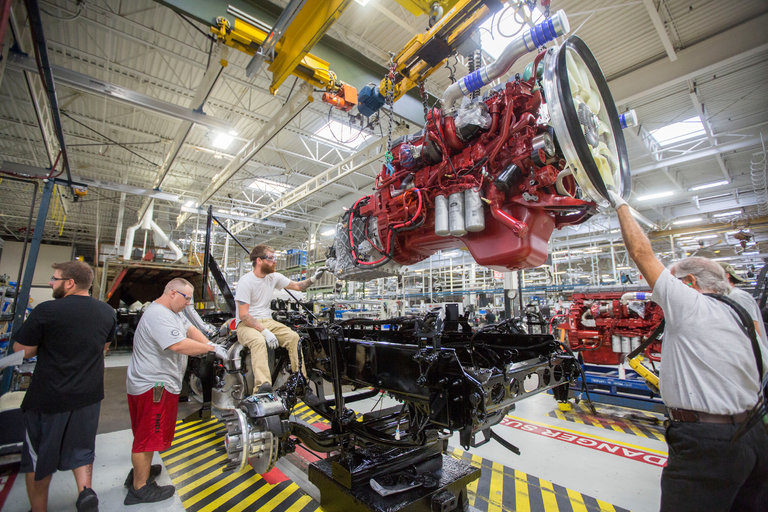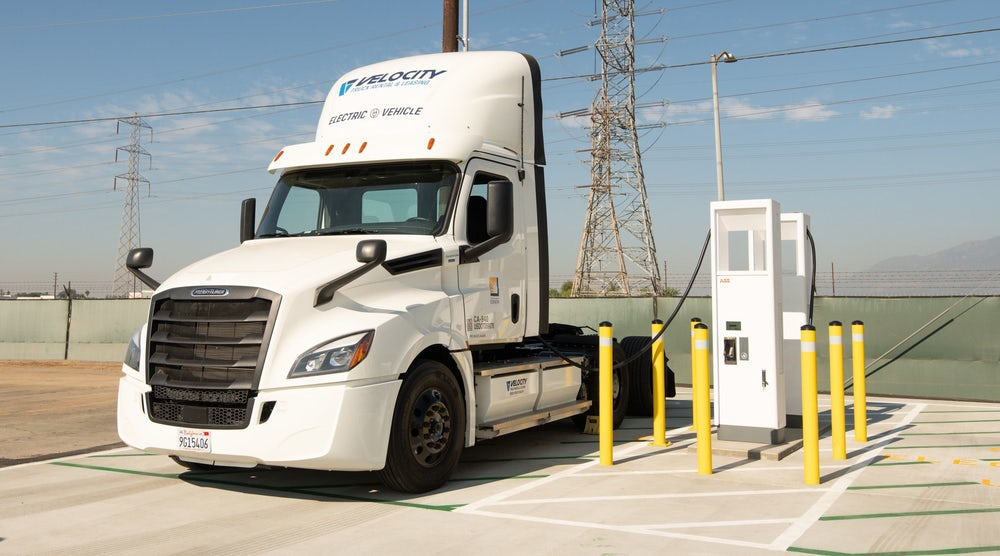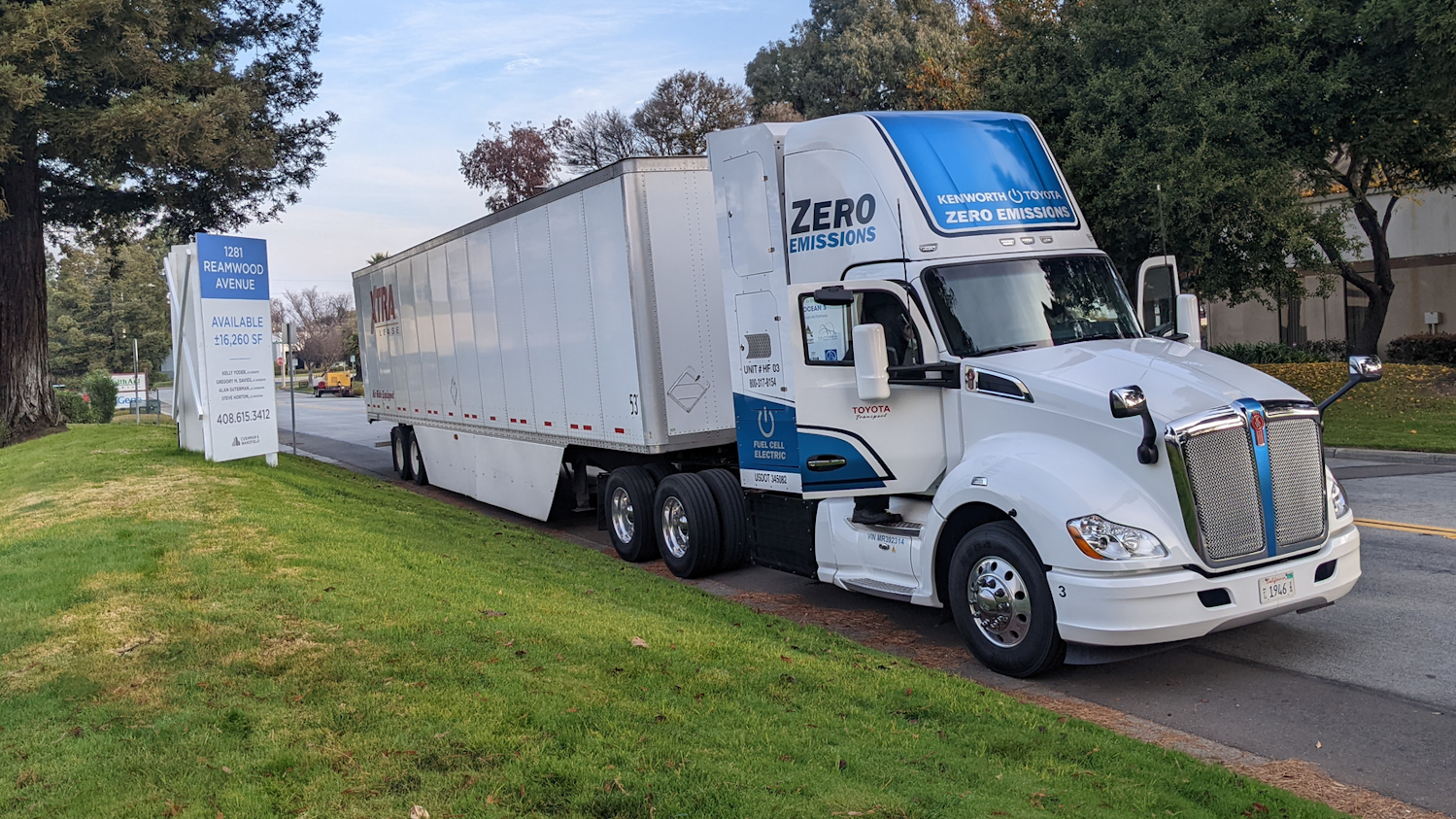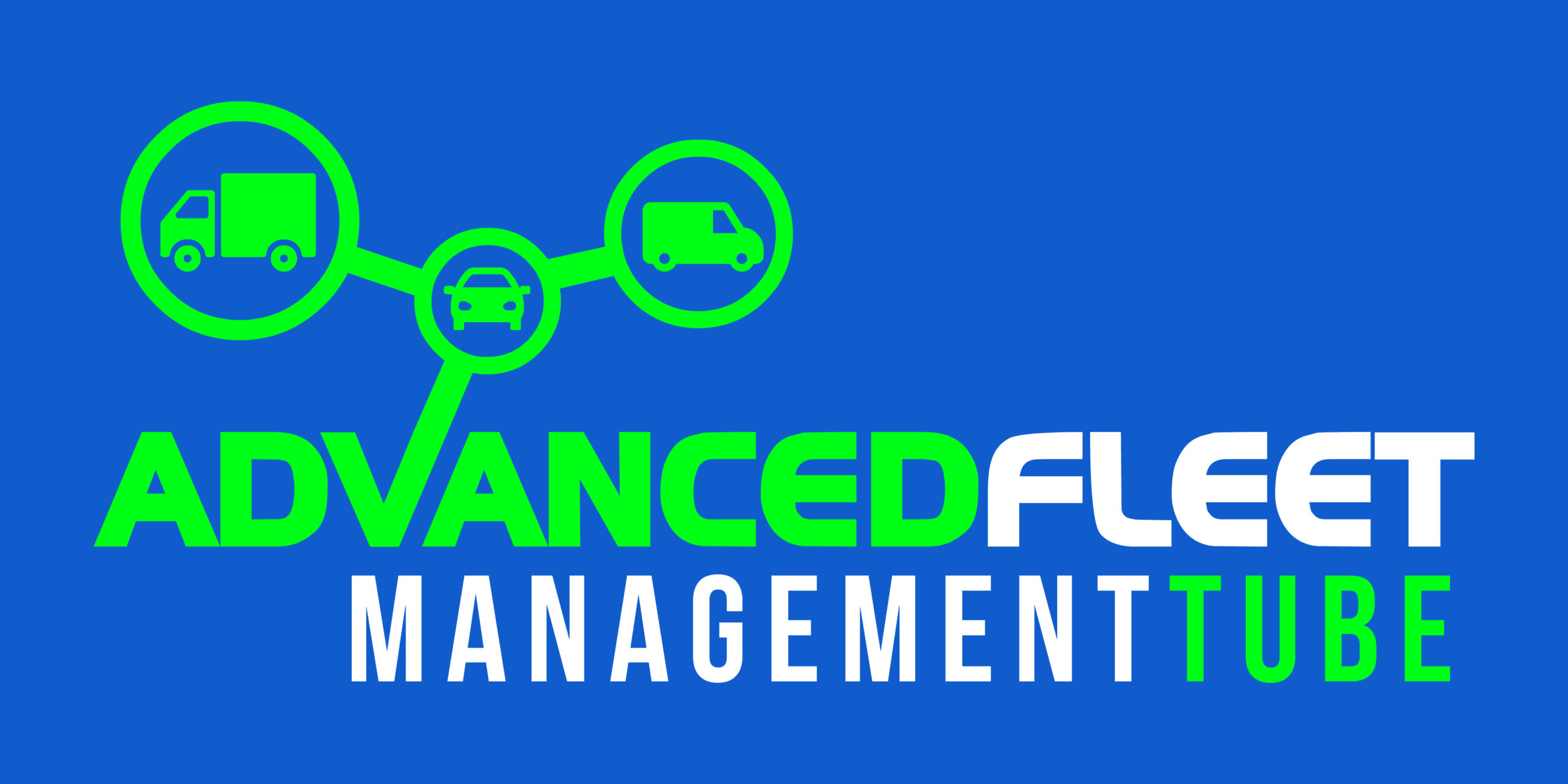Fleet fuel experts in diesel, battery-electric, and hydrogen fuel cells make their cases for trucking’s future primary source of power. Even as diesel trucks become more efficient, climate concerns and costs push trucking closer to zero-emissions goals.
Michael Roeth is constantly asked about the future of trucking. Leaders in the industry want to know what will fuel the freight movers of the future: diesel, battery-electric, or hydrogen fuel cells. So they turn to the executive director at the North American Council for Freight Efficiency.
“That’s because NACFE has been working to help the industry develop, deploy, and scale technologies to decarbonize freight for over a decade,” said Roeth, who moderated a “Future of Trucking” debate hosted by Mobility Impact Partners. “We’ve helped diesel trucks get from maybe six to eight to 10 miles per gallon hauling tens of thousands of pounds of goods around the country. We’ve been working on batteries and we have definitely done work in hydrogen fuel cells. So we feel like we understand these technologies.”
To better understand trucking’s potential future, Roeth welcomed three experts in diesel, battery-electric, and hydrogen to argue the case for which technology would be the primary fuel source for trucking by this decade’s end.
Diesel set up to dominate trucking for years
“Diesel dominates today’s commercial trucking fleets,” Allen Schaeffer, executive director at the Diesel Technology Forum, said during the debate, which was streamed live on LinkedIn on Feb 9. He added that the roughly 11 million diesel-powered trucks on the road today make up more than three-quarters of fleet vehicles. The rest are primarily gasoline-powered vehicles, with a small fraction running on battery-electric and hydrogen fuel cells.
“Diesel is the dominant technology—and the last two decades, diesel has really been defined by trying to reduce emissions,” Schaeffer said. “Today, I’m really proud to say that diesel is a technology that is near zero for both particulate matter and nitrogen oxide emissions—dramatically lower than it was several decades ago.”
About half of all commercial vehicles on the road today are running on the newest generation of diesel, he added. “That’s important to recognize because these have delivered substantial benefits to society and the trucking industry since their inception; in terms of fuel savings and CO2 mitigation. The technologies are out there, and they’re doing a great job already in helping to reduce emissions nationwide.”
By Josh Fisher
Source https://www.fleetowner.com/








